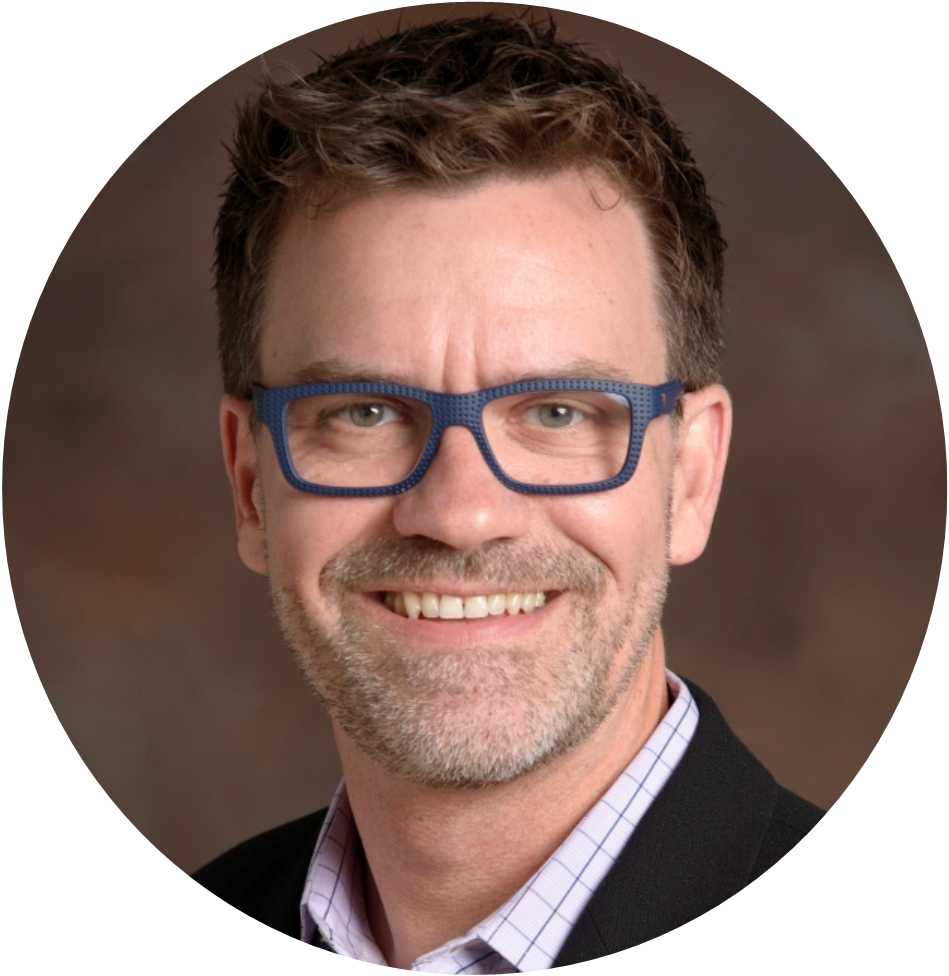Deacon Spotlight: Stephen Russell
Stephen T. Russell (1988 BA in Sociology)
Regents Professor of Child Development and Chair of the Department of Human Development and Family Sciences at University of Texas at Austin in Austin, TX
Tell us about your current job role and employer. What are you currently working on?

I chair the Department of Human Development and Family Sciences at UT Austin, and teach undergraduate and graduate students in courses that focus on adolescent development and health, and human sexuality. I conduct research on these topics with special focus on LGBTQ youth and adult health and well-being.
What key personal and/or career experiences led you to where you are today?
I conducted some of the first studies of LGBTQ youth health during a time when it was very risky professionally (1990s). Those studies are now considered foundational for understanding LGBTQ youth, and ultimately provided a grounding for my program of research and teaching. I feel very fortunate: I took some significant professional risks, but also had significant privilege to be able to do so. Also, frankly, I had few mentors, but when I started I quickly learned that there were so many LGBTQ (and more recently, allies) university students who were extremely motivated to work with me. Mentoring young scholars has been among the most rewarding aspect of my career – something I had not anticipated.
What is the most challenging aspect of your job? How do you navigate that challenge?
Regarding, research, it has been a challenge to conduct highest quality social science research on a topic that has been marginalized – both scientifically / methodologically (e.g., only recently has there been systematic efforts to include LGBTQ measures in large-scale surveys), and also politically / institutionally (e.g., having research funding allocated to study marginalized populations). And then there are lots of management challenges associated with academic administration and leadership!
What advice would you give to Wake Forest graduates about developing their personal life habits after college (finances, health, values, work/life balance)?
I always avoid answering this question: I have awful work/life balance, and am not a model for that. What I hope is that Wake Forest provides the context for its students to find the things that motivate them. That is what it did for me. Combining the extraordinary privilege of a WFU degree with ones passion – hopefully that can be the basis for values and focus after which finances and work and life can be created…
We know that relationships are important for any kind of development. How do you build and maintain your network?
It takes a lot more time to be emotionally intelligent than transactional in human interactions. The careful email, phone call, and thoughtful comment establish your personality and credibility in ways that accelerate your intellectual contribution. My biggest advice is to rigorously prioritize emotional intelligence (including kindness) in interactions with others.
Tell us about your mentoring relationships. What impact have these relationships had on your career and life?
I mentioned that I had few mentors in the early part of my career. I learned a lot from several bosses (university deans) in my mid career period – about management (both good and bad models!). But the most important mentoring relationships I have had have been with my graduate students and postdocs. I always feel that I learn as much as they claim to – and they are life-long colleagues and friends.
What advice would you give to current Wake Forest students and/or young alumni who are interested in working in your industry?
People interested in academic careers are often necessarily focused on research skills and productivity. That is crucial – but young scholars who stand out are those who have a clear sense of their potential contributions to the academy in addition to research expertise. What is your academic passion for teaching? For leadership? For diversity and inclusion? For community service? Graduate training will force a narrow accumulation of research expertise – which it must do. But don’t forget the other components that make for a rich experience as an academic – these are the things that will help you share your academic identity with others.
What’s next for your career? What future goals or plans are you pursuing?
Honestly – I’m happy where I am. I work too much, and look forward to eventually “just” being a professor (no longer being department chair). I have thought about higher levels of administration, but I realize that I am passionate about my research and about teaching.
Story published in January 2018. For current updates about Stephen, visit his website.
